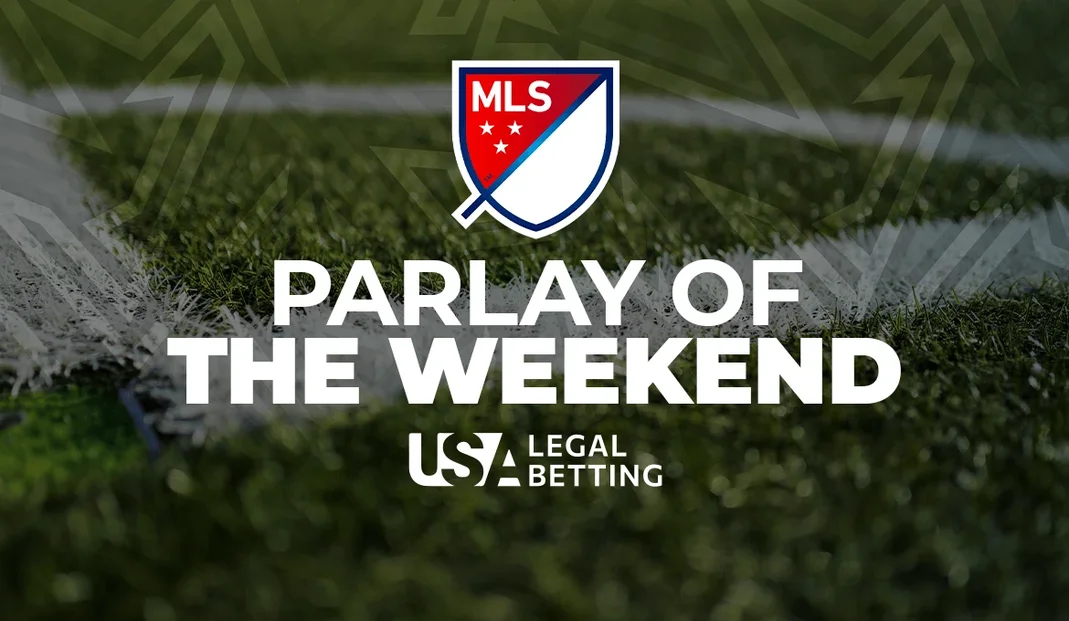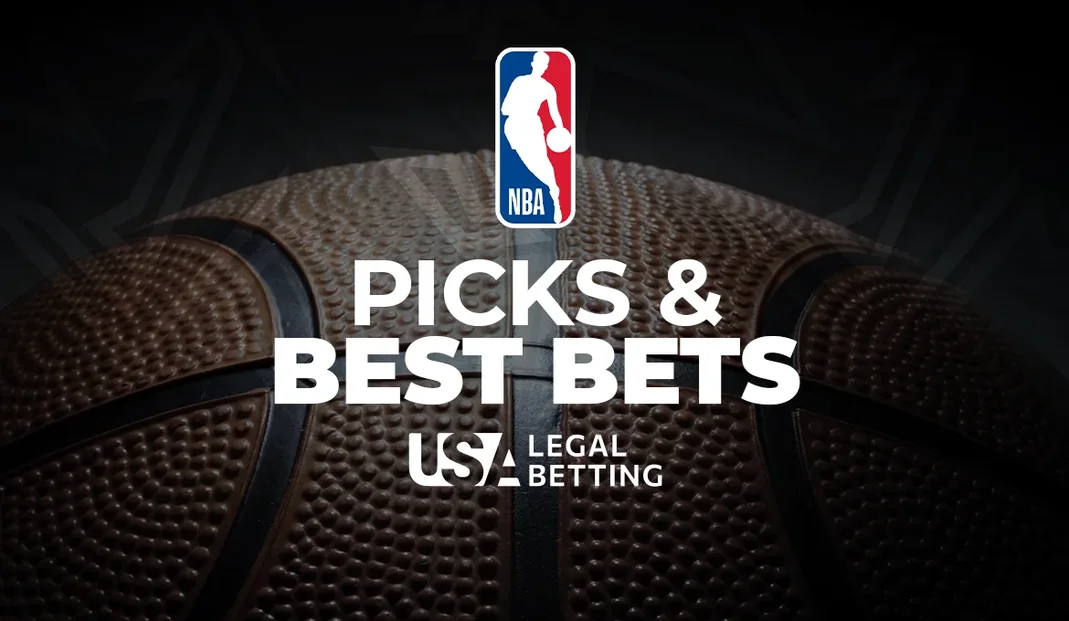States have had trouble kicking the influence of offshore sites. Critics in the 13 states that have not adopted sports betting legislation also frequently cite the prevalence of illegal operators as reason not to advance with a market.
“The dangers posed by these unlawful operations are well known, including a lack of investment in Responsible Gaming programs, loss of state tax revenue that funds important initiatives, no age verification requirements to protect minors, no controls to prevent money laundering, an absence of guarantees that customers will receive fair payouts, and much more,” the MGC saint in its letter.
As the ongoing fight over offshore sites continues, Massachusetts is enjoying a fruitful start to its stint as a home for . A couple of weeks ago it was reported that the state was ahead of schedule and was on pace to collect $22 million in tax revenue in just a couple of months.
The sports betting industry also racked up a betting handle of $568 million during March, the first month with , which provided 96% of all transactions.
Inspired by the success of nearby markets in New York, New Jersey, and Pennsylvania, Massachusetts is another domino that has fallen in a nearly-unanimous Northeast betting scene. Only Vermont of all states north of South Carolina and east of Minnesota does not have sports betting available for residents and travelers.
Massachusetts has run into several potholes, whether it be debates over what should be offered in their catalog of events or the terms for promotions, but the market is operating well, and the MGC’s commitment to improving it further means that it should continue to produce.










